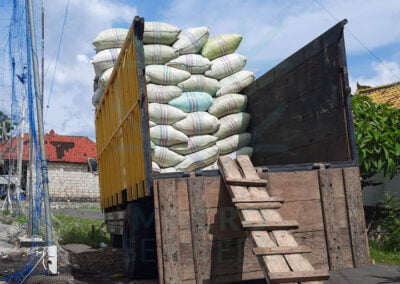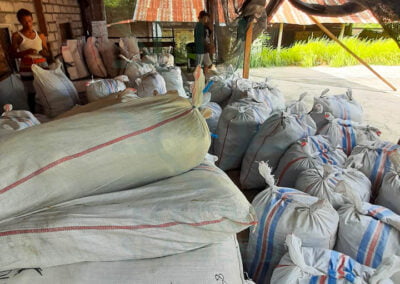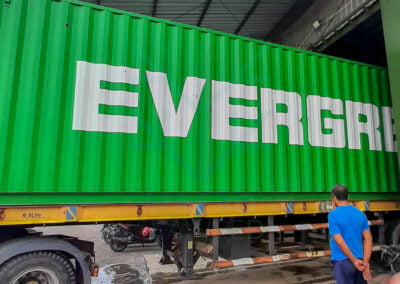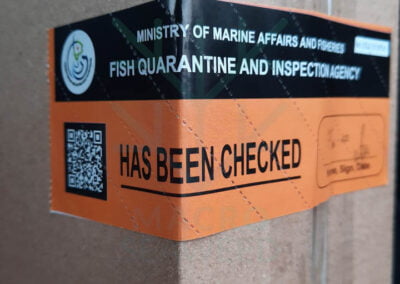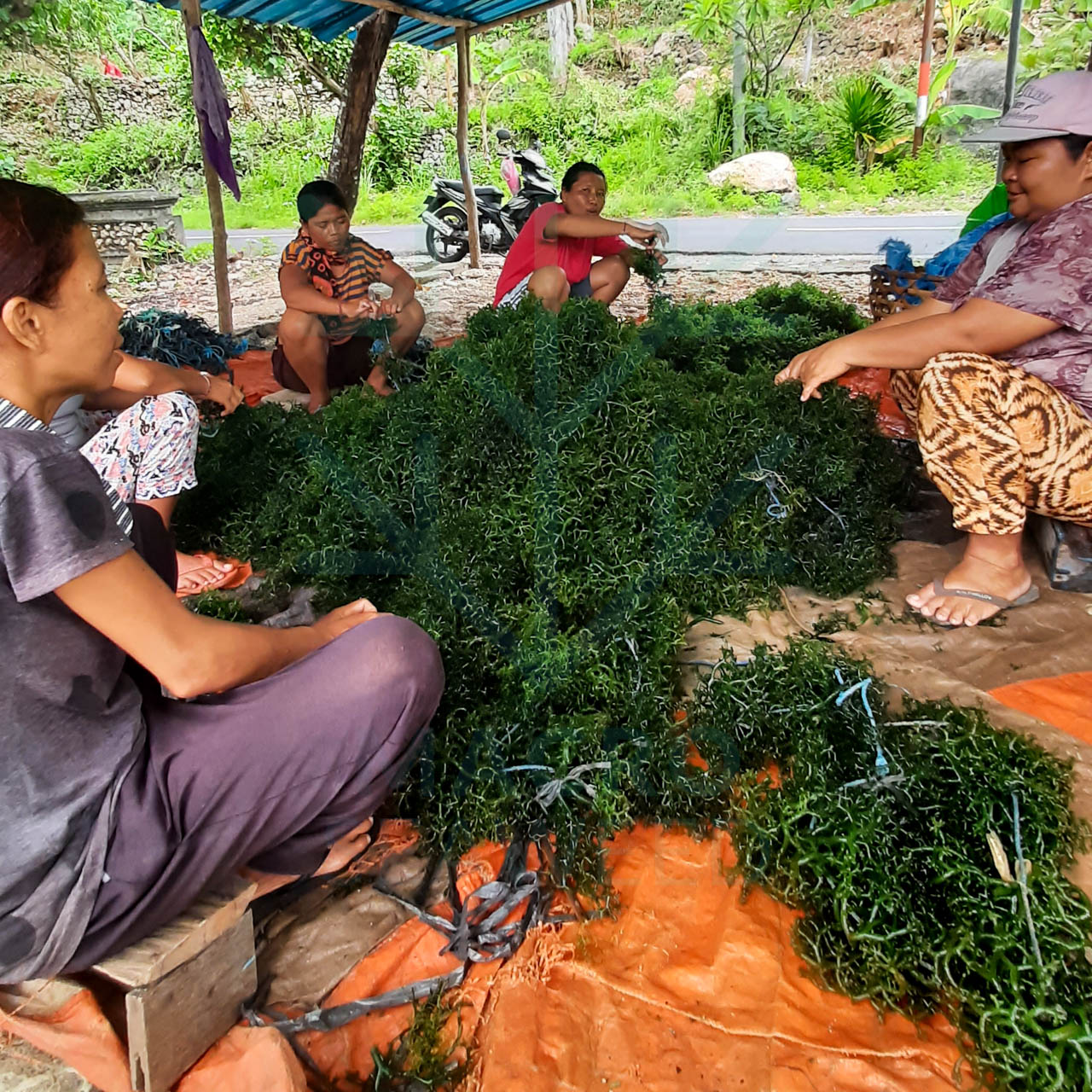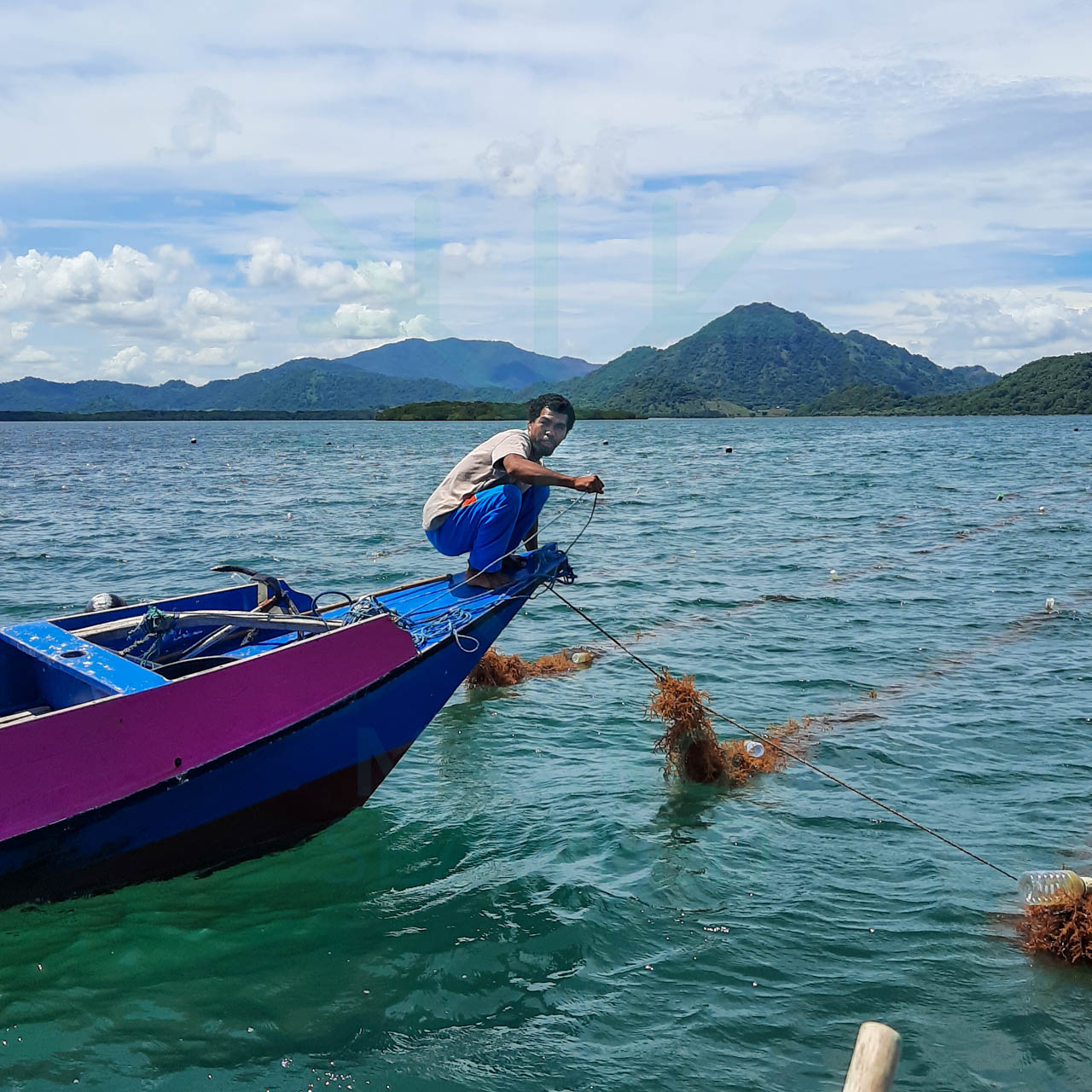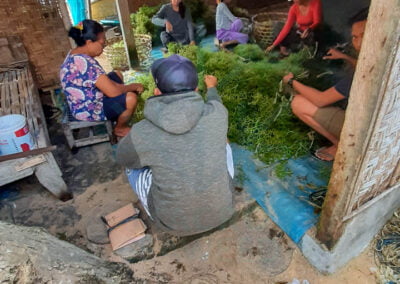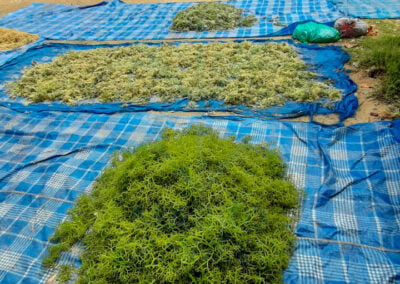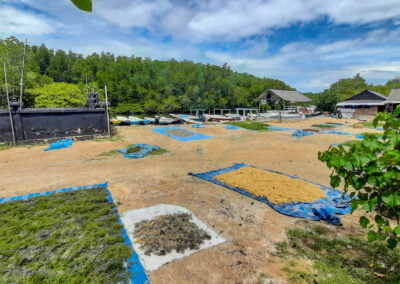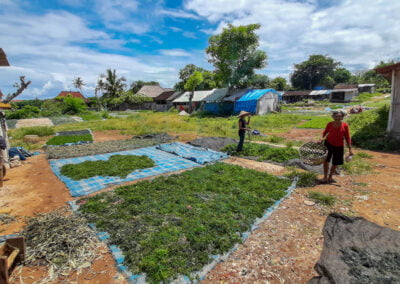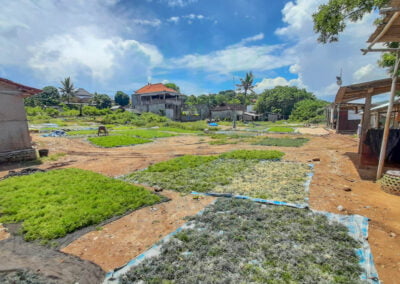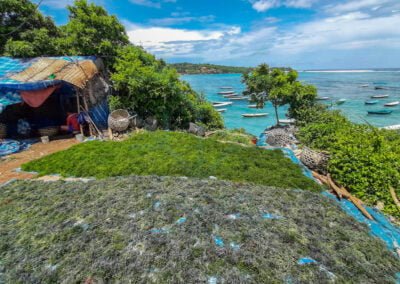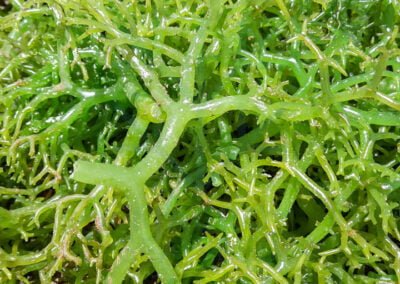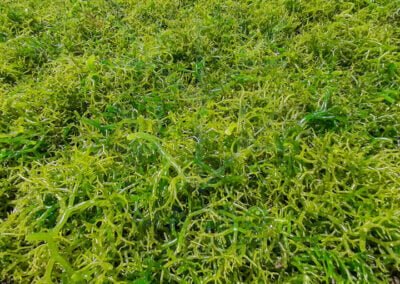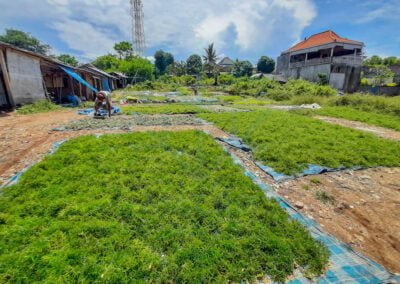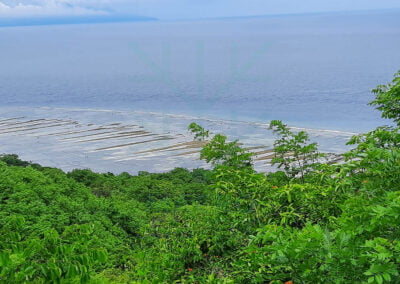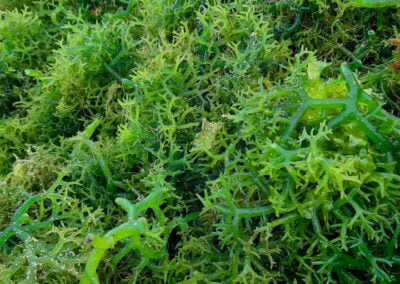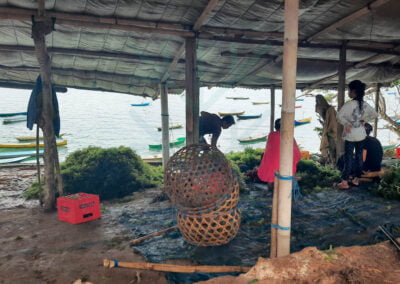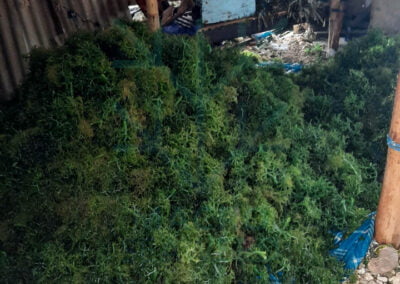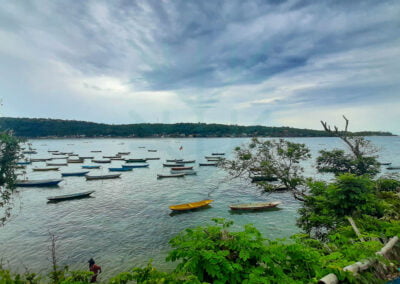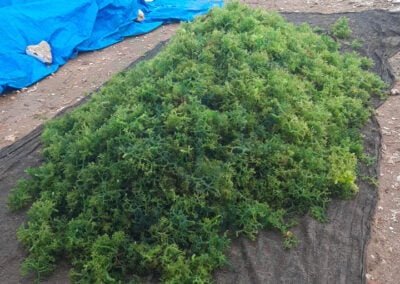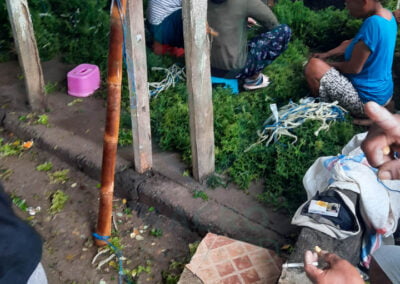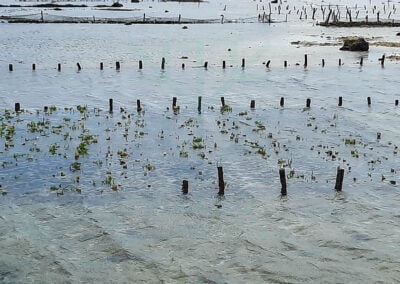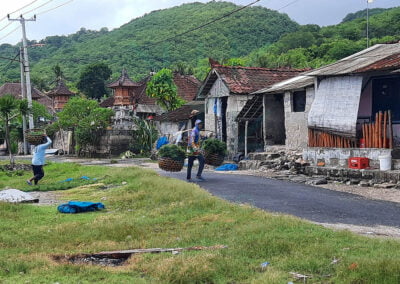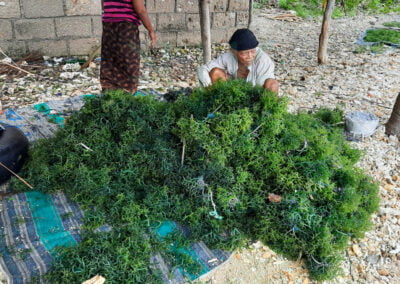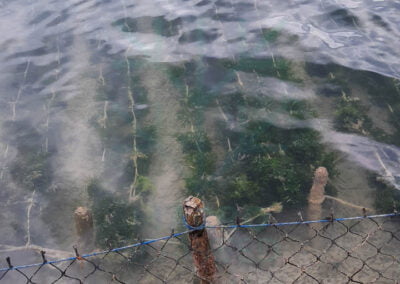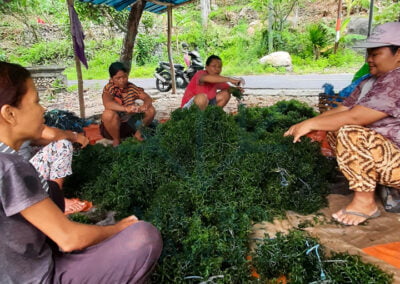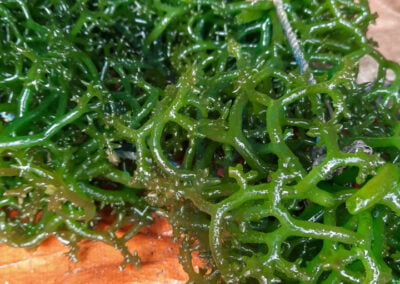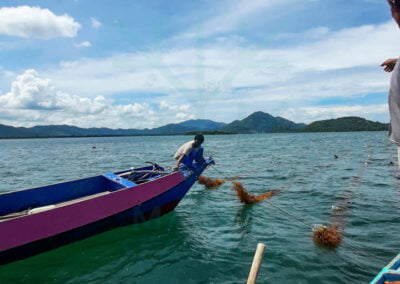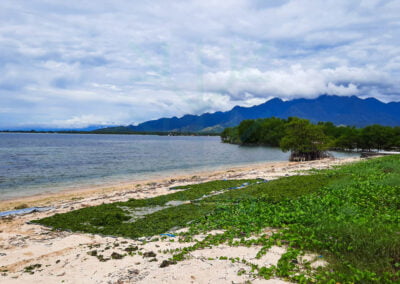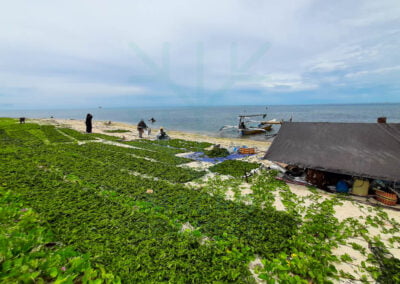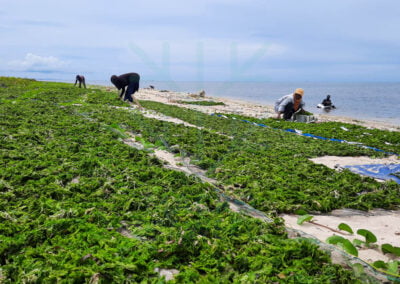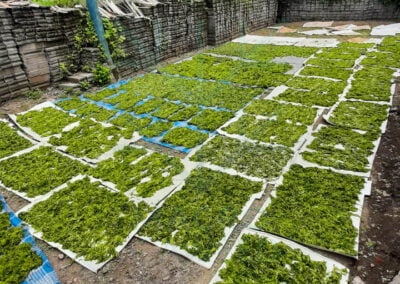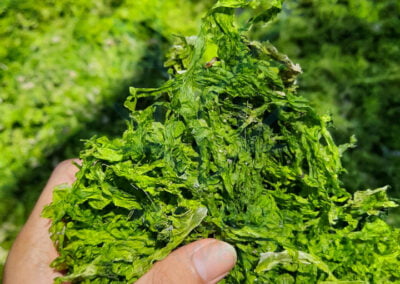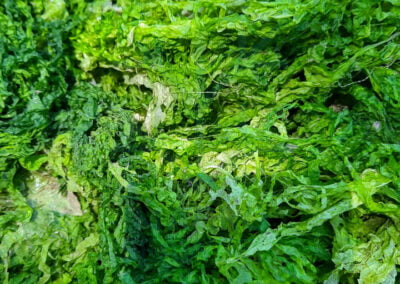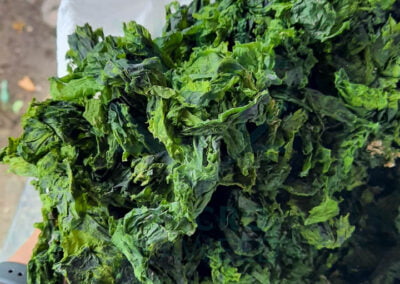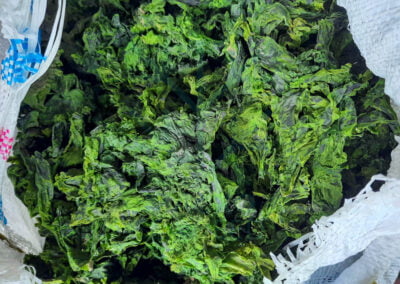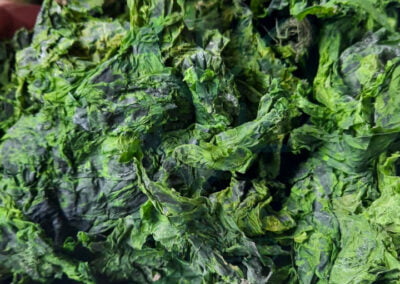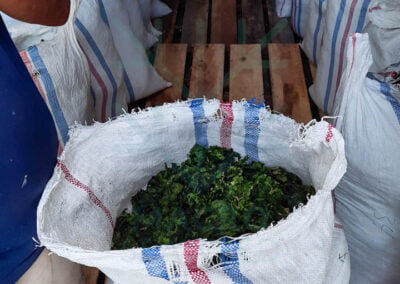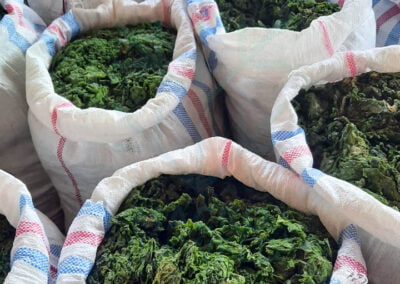About
Leading Indonesia seaweed farming. We farm, innovate, and make impactful sustainability to every living.
Overview
Macro Seaweed
Macro Seaweed is a social-enterprise of seaweed farming with innovation and sustainability. Experienced in seaweed cultivation ensures the highest standards of quality throughout the entire process, from farming, harvesting and washing to cleaning, drying, and packaging. Direct process from the ocean by our farmers eliminating the need for intermediaries in the collection chain. This practice not only supports and uplifts the local communities but also contributes to societal improvement. Together we ship highest quality of seaweed, carefully sourced and packaged to meet our customer needs.
Indonesia extensive coastline fosters a flourishing marine sector, notably seaweed farming. Seaweed farming, known for its sustainability, growing demand in various industries, and government support, presents an eco-friendly and lucrative investment.
Quality
Meet and exceed
Trust
Honesty in business
Care
Responsible to environment
SDGs
Our Commitment
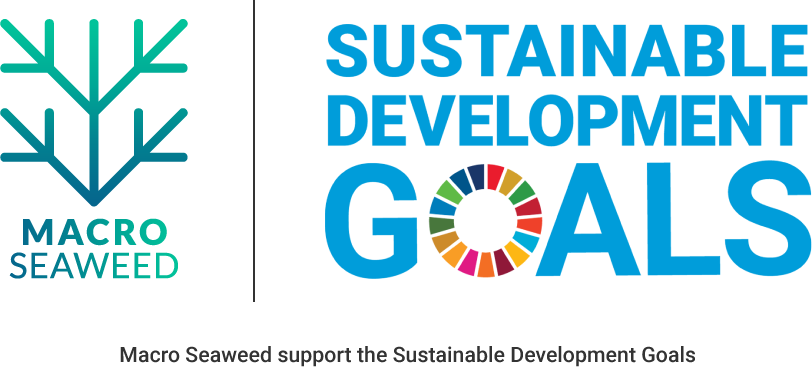
We contributes to 10 of the SDGs, driving sustainable growth while protecting the livelihoods of our farmers. Our commitment spans from ecological responsibility to community resilience in alignment with the broader global agenda for a sustainable future.
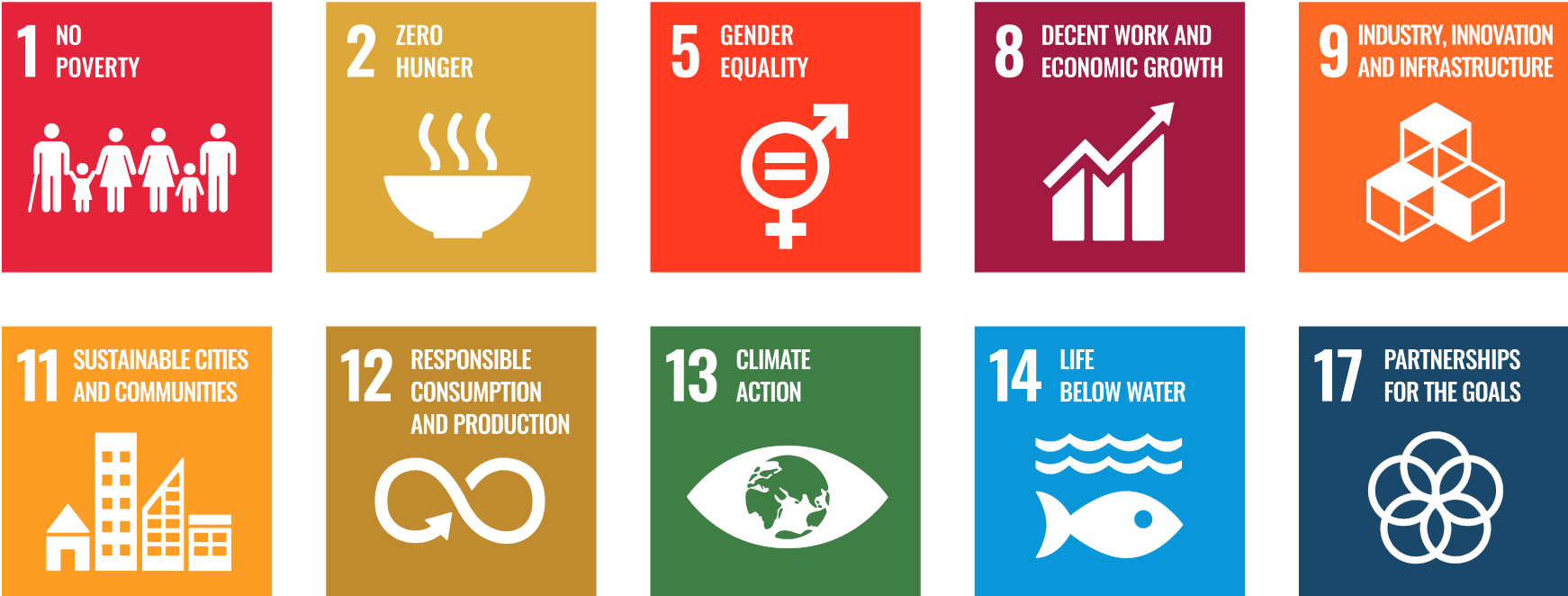
History
Indonesia Seaweed
From Tourism Sector to Blue Carbon Economy and Sustainability
The Indonesian regions of Bali, West Nusa Tenggara, and East Nusa Tenggara have undergone a transformative shift from relying heavily on tourism to focusing on sustainable agriculture and community development. The tourism boom, fueled by the allure of Bali’s beauty and cultural heritage, provided significant economic benefits until the COVID-19 pandemic disrupted international travel, revealing the vulnerability of single-industry economies.
In response, locals returned to traditional farming and fishing livelihoods, though many lacked the necessary skills for success. To address this, collaborations between governments, NGOs, and private entities were formed to provide technical training and empower farmers and fishers. Challenges arose from imbalances in the agricultural and marine supply chain, prompting a reevaluation of distribution fairness.
Farming Empowerment Through Technical Training and Innovation
Efforts shifted towards empowering local communities and preserving cultural practices. This involved refining farming techniques through collaboration between academia, experts, and farmers, promoting competitive prices for produce, and supporting smallholders and cooperatives. As seaweed farmer in Indonesia, we exemplified these principles with innovation and sustainably, demonstrating the potential of businesses to align with community and environmental needs.
The journey from tourism dependence to sustainable agriculture and marine product highlighted the importance of adaptability, innovation, and cooperation. The pandemic-induced pivot illustrated the need for diversified economies, capable of withstanding unforeseen shocks. This transition emphasized the value of public-private collaboration in creating holistic ecosystems for growth.

